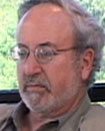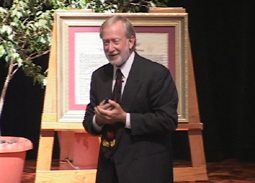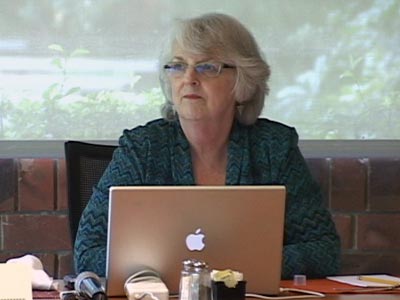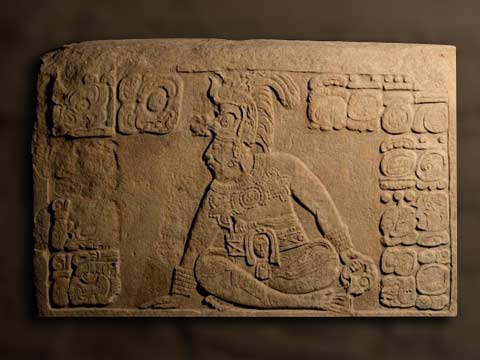About this videoMedical investigations and experimental projects have enabled scientists in many countries to obtain greater and improved data on diseases previously unknown to the medical community; that is the case of amyotrophic lateral sclerosis (ALS). In this conference, Richard A. Smith, a specialist in this topic, shares some of the main characteristics of this medical condition and describes possible treatments, as well. He explains its pathological traits and course in the human body through time. Afterwards, he describes how several trial and research experiments, performed by him in different institutions applying different techniques and approaches, have offered the possibility for more treatments. Smith explains how ALS influences behavior in patients and how this neural discovery has led to the opportunity of designing an efficient treatment that can extend the patients quality of life. Finally, he recommends clinicians to always be aware of signs shown by the patients which might help the diagnosis and treatment. |
|
CreditsA Survey on Degenerative Diseases of the Central Nervous Systems
| |











